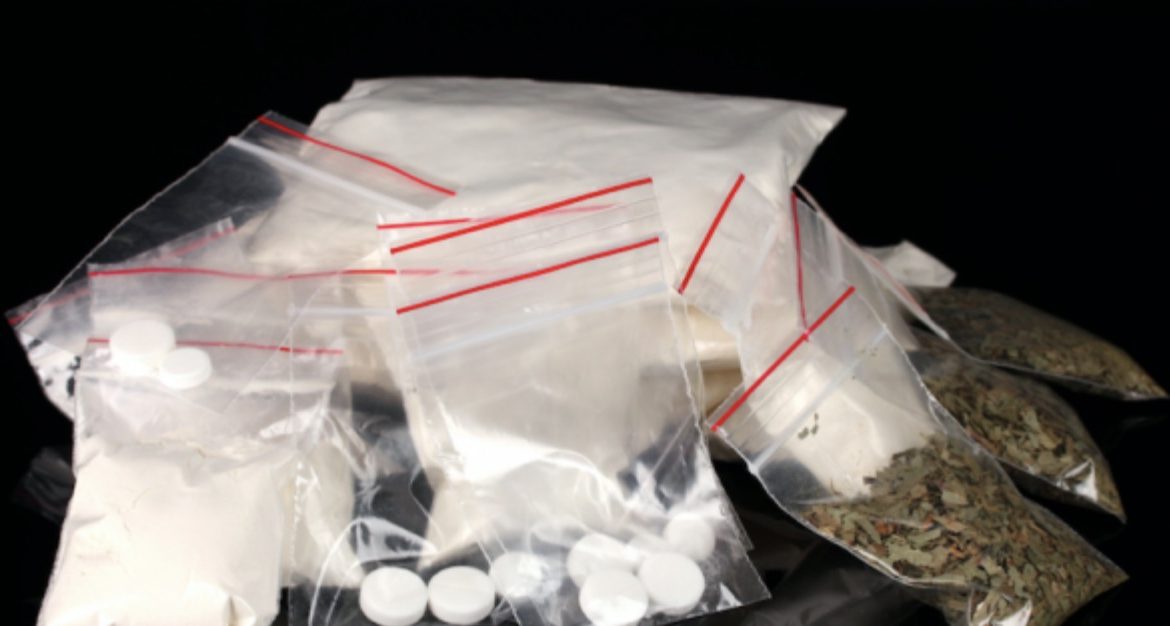In Australia, the distinction between drug possession and drug supply is crucial in determining the severity of criminal offences and the applicable penalties.
Drug possession refers to the unlawful possession of a controlled substance for personal use, while drug supply encompasses the broader range of activities related to the distribution, sale, or manufacture of illegal drugs. The key difference lies in the intent and purpose of the individual’s actions.
Drug possession is typically considered a less serious offence, with penalties ranging from fines to imprisonment. The quantity and type of drug possessed are significant factors in determining the severity of the charges. Small amounts of certain drugs, such as cannabis, may result in minor penalties or diversion programs aimed at rehabilitation. In contrast, possession of larger quantities or more dangerous substances, such as heroin or cocaine, can lead to more severe punishments, including significant jail time.
Drug supply offences, on the other hand, are treated with much greater severity due to their detrimental impact on society. The penalties for drug supply are commensurate with the scale of the operation, the type of drug involved, and the individual’s role in the distribution network. Minor drug dealing, such as selling small amounts of marijuana to friends, may result in fines or community service orders. However, large-scale drug trafficking or involvement in organized crime syndicates can lead to lengthy prison sentences and substantial fines.
It is a defence to a supply of prohibited drugs if the person can prove that the drugs were in their possession for a purpose other than for supply, for example, personal use or holding for someone else.
It is not supply to give drugs to another to hold or to give drugs back to another after that person has given them over to hold. For example, a person who is caught in possession of a quantity of ecstasy who was holding half of the pills for another, with the intention of giving those drugs back to the owner at a later stage, is not guilty of supply merely because there was an intention to give the drugs back to the owner. This is known as the Carey defence.
If you’re looking for a drug defence lawyer in Sydney, contact Joseph at Australian Criminal Defence.



No Comments